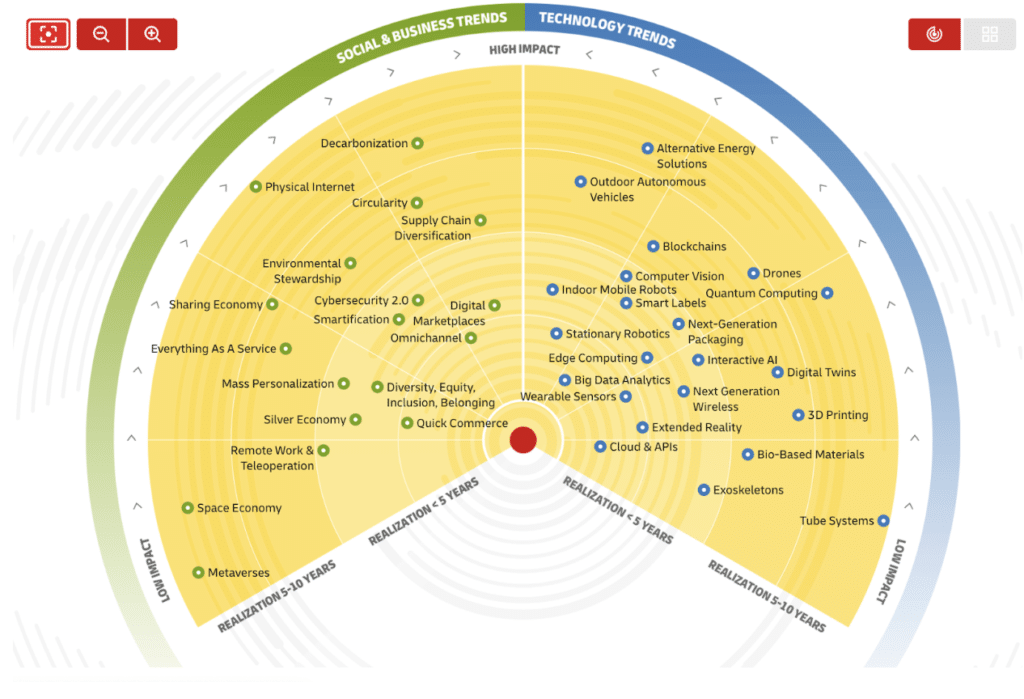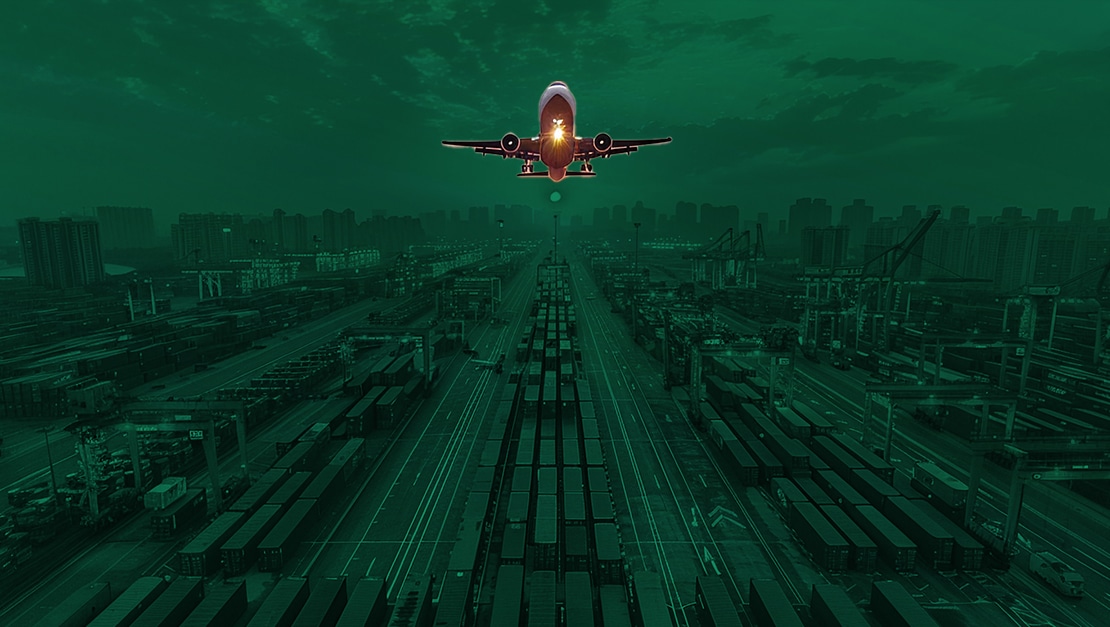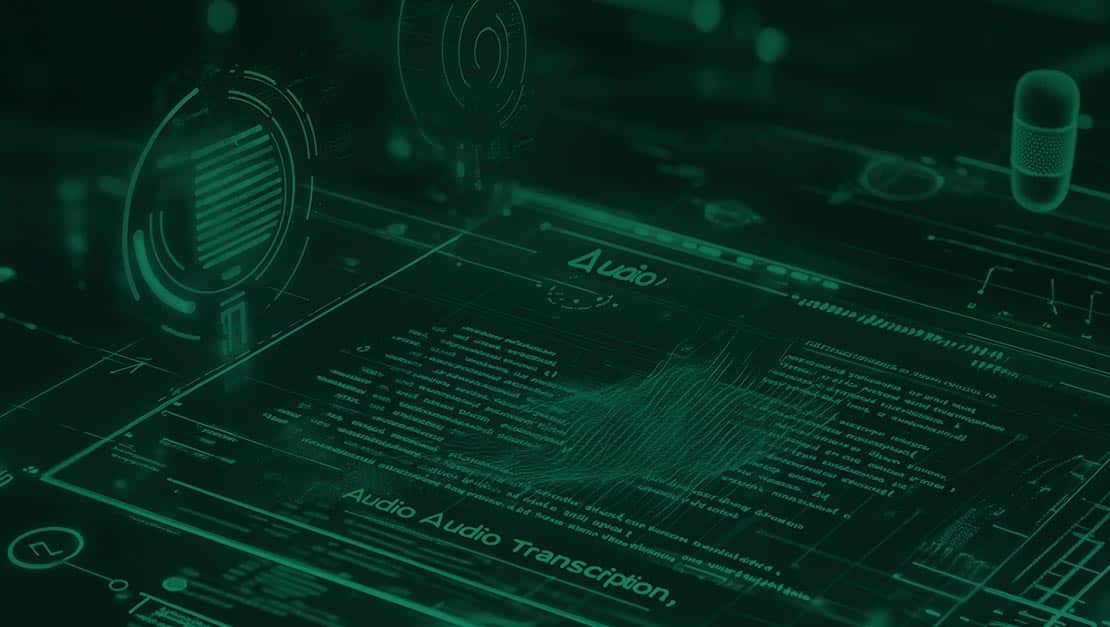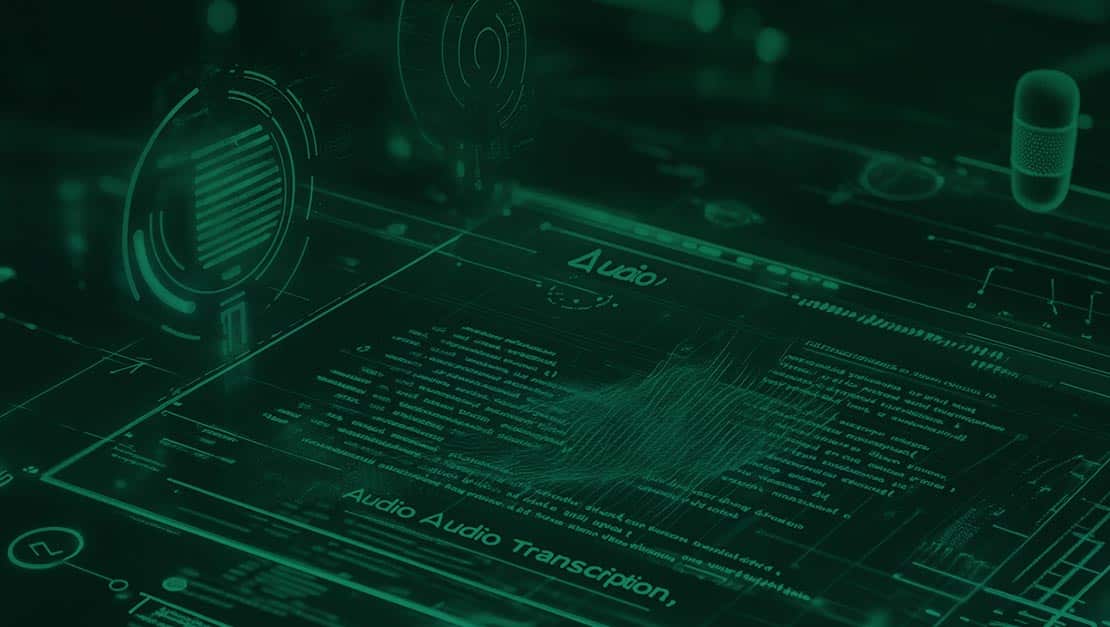The logistics industry orchestrates a complex dance of different workflows, including supply chain management, transportation, last-mile delivery, and customer service. This sector is integral to the global economy and many businesses, so understanding how it may evolve in the future is critical.
Enter artificial intelligence (AI), a revolutionary force that is already influencing logistics operations and is set to make an even larger impact. From smart route planning to autonomous deliveries, AI is poised to overhaul traditional logistics workflows.
In this blog post, we’ll dive deeper into the future of AI in logistics and how technological advancements have the potential to alter the trajectory of this field.
Current State of AI in Logistics
AI is already being used in logistics in key ways. It’s helping logistics management with route optimization and planning, allowing teams to identify the most efficient delivery routes, minimize fuel consumption, and reduce delivery times.
Another application is inventory management and forecasting, where AI systems are used to analyze vast amounts of historical data and market trends to accurately predict demand. This allows companies to reduce overstock or stockouts for more streamlined operations.
Additionally, AI is used for predictive maintenance of fleet and essential equipment. Using AI-powered predictive analytics, organizations can monitor the performance of machinery and vehicles in real time to proactively identify potential issues before they lead to breakdowns.
All of these use cases together can help logistics teams cut costs, enhance customer satisfaction, and operate more efficiently.
Key Players Leveraging AI for Notable Logistics Advancements
To better illustrate how AI is already making an impact in logistics, let’s examine three well-known companies harnessing its power to revolutionize operations:
- Amazon is using AI to optimize deliveries using advanced machine learning (ML) algorithms to predict delivery times, set delivery routes, manage inventory levels and locations, and manage warehouse operations
- UPS has implemented AI for package sorting and route optimization through its ORION (On-Road Integrated Optimization and Navigation) system, which analyzes data to determine the most effective routes to minimize delivery times
- DHL has adopted AI systems for predictive analytics of its supply chain management so the company is better equipped to forecast demand, inventory levels, and supply chain disruptions for improved service reliability
4 Trends Influencing The Future of AI in Logistics
AI has opened the door to many trends that are set to impact the future of logistics. According to a German study, 56% of logistics companies see the industry as a pioneer in digital transformation, and even more than that expect AI to take over many logistics tasks in the future.
Shipping giant DHL has its finger on the pulse and has collected and rated these future trends, classifying them by realization time and impact on a Logistics Trend Radar.

While there are many promising trends to look at that will influence the future of AI in logistics, let’s take a look at a select few ways in which traditional logistics are likely to evolve.
1. AI-Powered Innovations in Last-Mile Delivery
Current last-mile delivery processes are often costly and inefficient due to traffic in the face of time-sensitive deliveries. With AI and route optimization algorithms, companies can factor in real-time data to select the most effective delivery routes.
Furthermore, through the use of drones and autonomous vehicles powered by AI, companies can navigate through traffic more efficiently. Companies like Amazon are already testing drone delivery services, with plans to add more locations in 2024 for drone delivery capabilities.
Robotics and logistics automation are also transforming warehouse operations in last-mile fulfillment centers through the use of automated picking and packing systems guided by AI. As these trends continue to evolve, we can expect to see even more AI-powered innovations in last-mile delivery, helping reshape the logistics landscape.
2. Enhancing Supply Chain Visibility with AI
AI’s ability to provide real-time tracking and monitoring of goods with IoT sensors and devices is improving supply chain visibility. IoT sensors embedded in products, warehouses, and vehicles can collect data to provide real-time insights, empowering logistics teams to respond quickly to disruptions.
Predictive analytics powered by AI is also enabling proactive risk management, where companies can analyze trends and historical data to predict disruptions like weather events or supplier delays. With this technology, companies will be able to take preventative measures to mitigate impact.
Finally, blockchain technology in supply chains will also play a larger role in enhancing operations by offering better transparency in how we track goods. With a decentralized ledger, blockchain ensures all stakeholders can access real-time information on transactions and the movement of goods, improving trust, reducing fraud, and enhancing visibility.
3. Transforming Freight Transportation with AI
AI is allowing companies to offer safer, more efficient, and more sustainable options with autonomous trucks and platooning technology to streamline long-haul transportation. Autonomous trucks can operate without human drivers, while companies are considering automated and semi-automated truck platooning to allow trucks to travel closely together to reduce air resistance and fuel consumption.
Like in other areas of logistics, predictive maintenance plays a role here too in minimizing downtime. By using sensors to analyze and diagnose vehicles, AI can improve predictions on when maintenance is required to improve overall fleet safety and efficiency.
Additionally, freight transportation will benefit from AI-driven optimization of shipping routes and load consolidation. AI algorithms can analyze factors like weather, delivery schedules, and traffic patterns to find the best routes and loads for specific trucks, lowering consumption, emissions, and transportation costs.
4. AI-Driven Customer Experience in Logistics
AI is reshaping the customer experience as well by including personalized shipping options as an option. With insights gathered from AI algorithms examining customer behavior and data, companies can offer shipping options based on individualized preferences.
Not only that, but chatbots and virtual assistants powered by AI can connect to logistics data to provide responsive and efficient support. These interconnected systems will be better able to provide customers with immediate support in resolving issues, tracking orders, and getting real-time updates on shipments.
Finally, with the integration of AI in e-commerce platforms, companies can seamlessly integrate logistics operations to provide customers with more accurate delivery estimates, real-time tracking, and quick and easy returns. Overall, the future of AI in logistics will make for a much smoother customer experience and enhance satisfaction significantly.
aiOla: Speaking the Future of AI in Logistics Into Action
At aiOla, we understand that the future of AI in logistics is full of promising technology, but the challenges facing companies in adopting new systems can be a steep hill to climb. That’s why we believe so strongly in the power of speech. aiOla’s speech AI technology is quick and painless to integrate into your existing systems, causing minimal disruption yet maximum operational impact.
Using AI-powered speech technology, aiOla is able to help logistics teams work more efficiently, automate workflows, and trigger actions just by speaking. With aiOla, logistics teams can:
- Collect otherwise forgotten speech data in real-time for better trend and pattern recognition
- Operate hands-free and remove the need for paperwork, boosting team safety
- Speed up inspection processes by conducting it entirely through speech
- Improve internal communication and transparency with immediate status updates by sharing updates through speech
- Connect data across teams, locations, and branches for better collaboration and problem-solving
aiOla can operate in over 100 languages, including different accents, dialects, and industry jargon, and works with great accuracy in any acoustic environment, making it ideal for logistics teams operating in noisy factories or warehouses. Logistics teams already using aiOla have seen a 60% reduction in incident resolution time and a reduction of 4 safety issues per shift. This increase in safety leads to higher productivity, employee satisfaction, and logistics efficiency.
The Future of AI in Logistics Is Now
Looking ahead, the future of AI in logistics is promising, and the start of many cutting-edge technologies is already here, being used by industry leaders to improve operations and make workflows more intuitive. With aiOla’s speech AI, logistics teams can work more safely while ensuring they’re equipped with innovative technology that consistently supports their company’s unique needs as it evolves and scales.
Book a demo with an aiOla expert to see how speech AI can transform your logistics operations.








